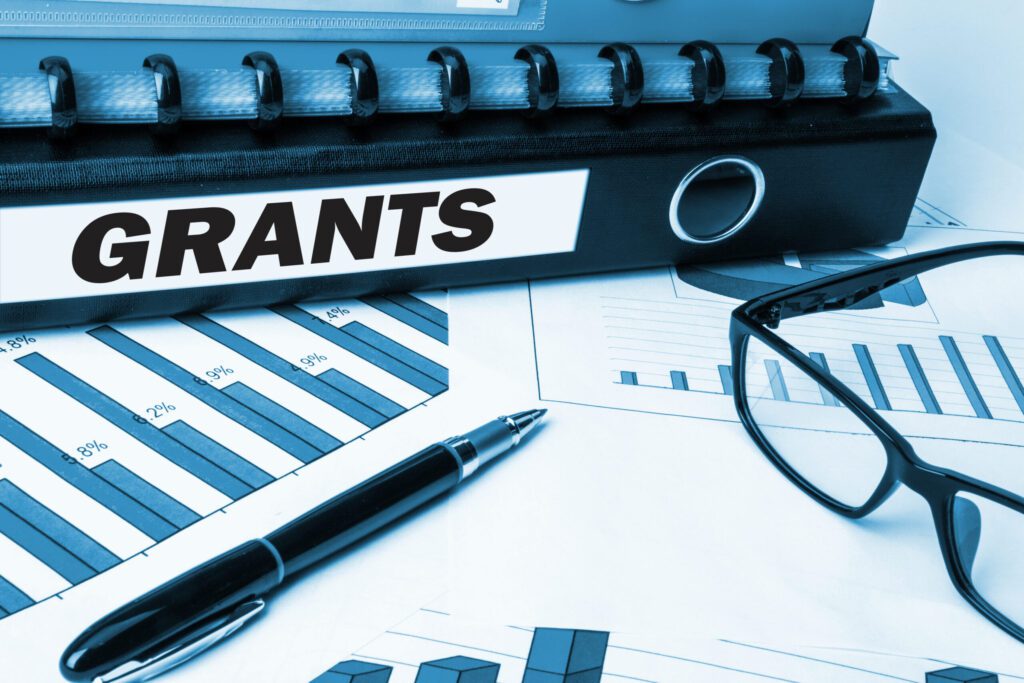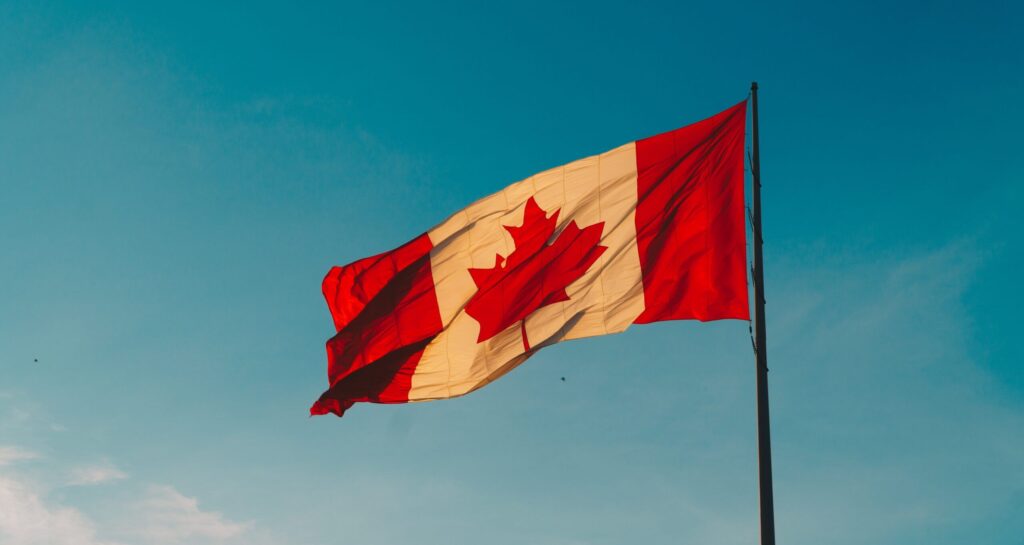Tax debt can be a particularly stressful form of debt, given the collection powers of the Canada Revenue Agency (CRA). If you owe tax debt, and are not able to repay the amount you owe on time, you could be wondering if there is any form of CRA debt forgiveness. This could allow you a reduction in the amount of tax debt you owe. Unfortunately, as a general rule, CRA debt forgiveness does not really exist. On the whole, there are very few circumstances whereby the CRA will accept anything less than the full amount of tax debt owed, and they work hard to collect the full amount of debt. That said, there is some good news. The CRA has a number of programs which can potentially reduce or clear the interest and penalties on your debt to help ensure your debt does not grow.
CRA debt forgiveness – does it exist?
Although unfortunately CRA debt forgiveness does not exist, there are other options to help stabilize your tax debt and ensure it does not increase and become more problematic. Clearance from interest and penalties, or a reduction in interest on tax debt, can come about in a number of circumstances:
- The inability to pay, or severe financial hardship. If you can provide the CRA evidence that you are having severe financial struggles or that repaying your tax debt would make it difficult for you to afford basic living costs like rent and groceries, they may clear or reduce your penalties. The CRA would expect to see financial evidence including your full income (and well as that of any household members), your expenses, your bank account, and your assets. The CRA can determine that the tax debt owed should be prioritized over other debts, which can have a negative impact your credit rating.
- Incidents where the CRA’s actions have made it challenging for you to pay your debt on time. This includes providing evidence of instances of processing delays, incorrect information shared by the CRA, processing errors, or other delays.
- Extraordinary circumstances. This is inclusive of extreme situations like floods, fires, natural disasters, accidents, or serious illnesses.
The CRA is extremely strict when it comes to CRA debt forgiveness. If you are struggling with tax debt, the best action is to speak to a reputable Licensed Insolvency Trustee. They are the only professionals in Canada legally able to file all forms of debt relief, and can advise you on the best way of repaying your tax debt. Often, clearing other debts can help you to repay your tax debt more easily.
What can the CRA do if you cannot repay your tax debt?
Given the extensive powers of the CRA when it comes to tax debt, they will do anything they can to reclaim the money they are owed. Measures they can take include placing a freeze on your bank account, or a wage garnishment. Unlike private lenders or collection agencies, the CRA does not require a court order to deduct money from your paycheque via your employer. It is, however, possible to stop a wage garnishment with the assistance of a Licensed Insolvency Trustee. For the self-employed, the CRA has the right to notify any companies that use your services, and garnish your payments from them directly. The CRA can also place a lien on your house, which cannot be cleared even by legal debt relief solutions like a consumer proposal or bankruptcy. The CRA can also continue to charge penalties and interest until they receive their repayment in full. Given the extreme measures that the CRA can take when it comes to tax debt, it is important to contact a reputable Licensed Insolvency Trustee as soon as possible. At Spergel, we have been helping Canadians gain tax debt relief for years.
What if you cannot get CRA debt forgiveness?
As the CRA are extremely strict when it comes to CRA debt forgiveness, if you do not qualify for the reduction of interest and penalties, you do still have some other options. These include the following:
A CRA payment plan
You may be able to coordinate a payment plan with the CRA. You will be required to provide full disclosure of your financial situation before a repayment plan can be negotiated. Their priority will of course be for you to repay your tax debt as quickly as possible, and so this may impact your repayment of any other debts that you may have, like credit card debt or payday loans. In this scenario, you should contact a Licensed Insolvency Trustee for advice on debt relief. They can also help you to successfully negotiate with the CRA, particularly if you owe them a lot in tax debt.
Prevent tax debt collection calls
If you are struggling with your tax debt, and are being harassed by CRA collection calls, your best bet is to speak to a reputable Licensed Insolvency Trustee. They can help you to protect your income from a wage garnishment, as well as your assets. They are the only professionals legally able to file all forms of debt relief in Canada, including a consumer proposal and bankruptcy. Both of these forms of debt relief can reduce your overall debt making it easier to repay your tax debt, and they generate a stay of proceedings. This means creditors or collection agencies are no longer able to contact you.
File a consumer proposal for tax debt
A consumer proposal is a form of debt relief that enables you to reduce your overall debt by up to 80%. Working with a Licensed Insolvency Trustee, you will suggest an affordable amount to repay on your debt each month, and your trustee will work to negotiate with creditors on your behalf. Consumer proposals have various advantages, including enabling you to keep your assets. Should the CRA be your largest creditor, you may need to negotiate with them in person. You will need to have all your tax returns filed, and sufficient income to ensure you can keep on top of your current taxes so as to not fall further behind.
File bankruptcy for tax debt
If you have exhausted all other options to reduce your tax debt, bankruptcy is likely your best option. Filing bankruptcy can clear your income tax and HST/GST debts upon your discharge. Should you owe over $200,000 in personal income tax, and it makes up over 75% of your unsecured debt, you are not eligible for automatic discharge from bankruptcy. Instead, you will need to attend a discharge hearing in court, during which your discharge may be conditional based on certain duties. A reputable Licensed Insolvency Trustee will help you through each step of filing bankruptcy for tax debt, and beyond in life after bankruptcy.
Get your tax returns in check
One of the most important ways to avoid needing CRA debt forgiveness is to keep on top of filing your tax returns. Delaying the issue can only make the situation worse, often meaning you will accumulate additional interest, fees, and penalties. While it is easy to bury your head in the sand, it really can escalate the problem. Whether you can repay any tax debt you owe or not, you should still file your tax return on time to avoid filing any penalties.
If you are looking for CRA debt forgiveness or support with gaining debt relief on your tax debt, book a free consultation with Spergel today. Our experienced bankruptcy trustees have been helping Canadians gain debt relief for over thirty years, and we can help you too. Reach out today so we can get you on the path to tax debt relief – you owe it to yourself.



















